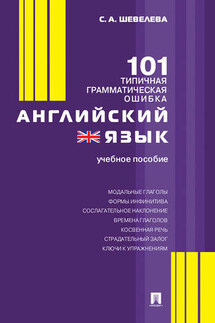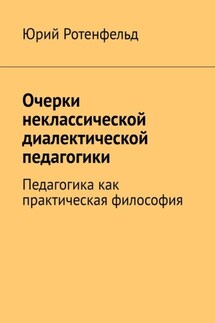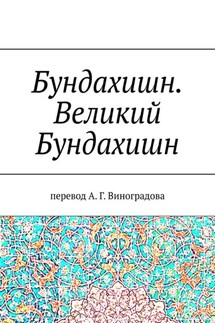Английский язык. 101 типичная грамматическая ошибка - страница 7
to meet smb
to meet with smb
to meet with smth
встречаться с кем-л.
случайно встретиться с кем-л., сталкиваться с кем-л.
встречаться с чем-либо, сталкиваться с чем-л.
19-1. Read and translate the sentences.
1. Meet my wife.
2. Pleased to meet you.
3. Will you meet me at the station?
4. The next time I met her was in the supermarket.
5. I met with an old friend at a party.
6. Both of these albums met with commercial success.
7. These proposals met with widespread opposition.
8. This theory initially met with disbelief.
9. That year many people met with this misfortune and lost their business.
10. When they wanted to organize this exhibition they met with many obstacles.
19-2. Translate into English.
1. Мы встретились с ним в театре.
2. Познакомьтесь, это моя сестра.
3. Очень рад с вами познакомиться.
4. Я случайно встретил её вчера в метро.
5. Мы столкнулись с большими трудностями.
20. Существительные beginning, end
Перед этими существительными употребляется предлог at, если далее идёт сочетание с предлогом of. В противном случае употребляется предлог in:
at the beginning of the lesson
at the end of the lecture
in the beginning
in the end
20-1. Use the right preposition (at or in), and translate the sentences.
1…. the end, you can't get fit without exercise.
2. They met… the beginning of the holiday season in Lisbon.
3. He learned the name of the killer only… the end of the story.
4. He agreed to help me… the end.
5… the end, Mother knows best.
6…. the end of the lecture he thanked the audience for their attention.
7. What did he say… the very beginning?
8. I left in the middle of the film. Did they get married… the end?
9. We made eight different holiday plans, but… the end we went to Turkey.
10. He wanted to be paid… the beginning of the week.
20-2. Translate into English
1) в начале месяца
2) в начале года
3) в конце месяца
4) в конце концов
5) в самом начале
6) в конце недели
7) в начале семестра (term)
8) в конце семестра
9) в начале спектакля
10) в самом конце
21. In time – on time
Хотя эти словосочетания переводятся одинаково, они имеют различное значение:
on time вовремя (точно по расписанию/графику/плану)
in time вовремя (в очень удачное время)
21-1. Read and translate the sentences.
1. Peter wants the meeting to start on time.
2. Only one of the last six trains has been on time.
3. Yesterday the train came ten minutes behind time but I hope it will be on time today.
4. We arrived in time to get good seats.
5. We came to the Zoo in time to see the animals fed.
6. I nearly drove into the car in front, but I stopped just in time.
7. He would have died if they had not got him to the hospital in time.
21-2. Translate into English.
1. Мы привезли его в больницу вовремя. И его спасли.
2. Он пришел ко врачу вовремя, ровно в 3 часа, как было назначено.
3. Поезд пришел вовремя.
4. Марк ушел вовремя и не встретился с Джулией.
5. Я приду вовремя, как мы договаривались. Я никогда не опаздываю.
22. Besides – except
Хотя эти предлоги переводятся одинаково, они имеют противоположные значения:
besides кроме (в дополнение к)
except кроме (за исключением)
Note: В отрицательных предложениях эти предлоги взаимозаменяемы:
He has nothingbesides/excepthis salary.
22-1. Read and translate the sentences.
1. Besides literature, they have to study history and philosophy.






